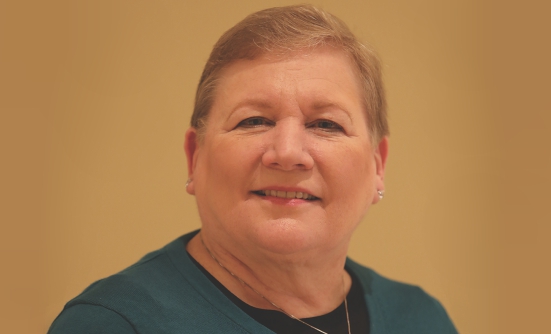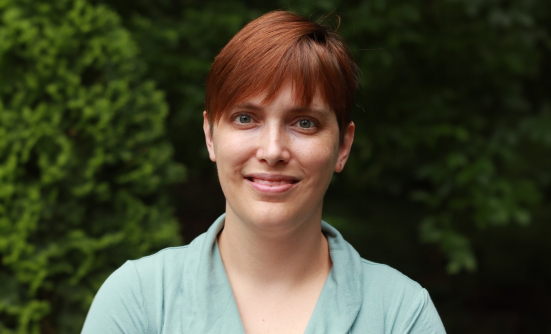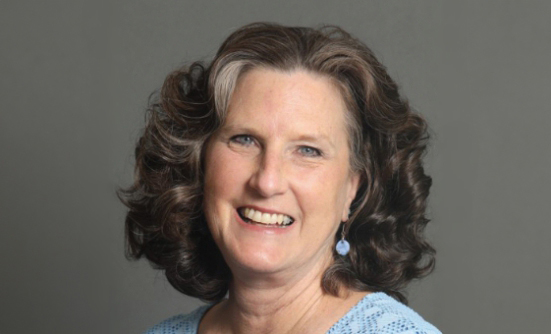Hello, everyone. I hope you are feeling well and being safe as we end a difficult year and launch into 2021, remaining hopeful while COVID-19 continues to spread and we pray for getting access to an effective and safe vaccine.
There are many parallels between COVID-19 and the diagnosis and treatment of cancer, as many of you likely already know. Even I was hurled back to 28 years ago, when I was first diagnosed with breast cancer, remembering the shock, depression, anxiety, and my long roller coaster ride of hope and fear. That roller coaster is now what you are riding on, for those of you in active treatment and being extra careful to follow the CDC guidelines.
This issue of CONQUER magazine is quite different, just as our world is different now. It is not because the stories are more (or less) powerful than the ones in previous issues. Rather, it is because of the timing during which you are reading them, while you and your loved ones may be feeling like you have been turned upside down with a cancer diagnosis. This issue includes a great deal of wisdom, “aha” moments, inspiration, and hope. Let me just give you a taste of what lies within these pages.
Music therapy does not require having a great singing voice or knowing how to play an instrument. It does require good listening skills. Music therapy is an old tool for emotional healing and even for physical healing. I have used music therapy during my cancer experiences and for other medical conditions I still have. My favorite moment with music therapy was when I was on the operating table about to be given general anesthesia, where I would remain asleep for 12 hours while undergoing DIEP flap breast reconstruction more than a decade after my second mastectomy. With headphones on, I was listening to Marvin Gaye singing “Sexual Healing.” It was perfect. So read the music therapy article and see if you may want to try this type of therapy.
You will not want to miss the amazing fertility preservation article from a navigator who had a profound experience with a male patient with cancer. Before young adult patients with cancer undergo chemotherapy or other treatment that can affect their fertility, they should have a candid discussion about their wish for a biological family. Even parents may have to make decisions for their young children who need long-term chemotherapy. This navigator provides insights into why these discussions are crucial, some of the emotional upheaval involved in these discussions, including legal issues that may arise unexpectedly, and how happy endings can come from loss.
Choosing the right words is important when dealing with cancer. A patient with metastatic disease offers a glimpse into the mindset of those living with cancer. Some people may say she is “battling it,” or “fighting it.” The “it,” however, is inside her body and not a person in uniform holding a gun. Learn how she has chosen to help others interpret what her experiences are like, on good and on bad days. Is she a warrior? A survivor? A victim? See how she reframed her story. (Personally, I hope her death will be from being hit by a truck at age 102.)
People are not supposed to begin colonoscopy screenings for colon cancer until age 45; however, some individuals who are much younger and have no family history of colon cancer or other known risk factors end up diagnosed with it. Such is the case for this woman in her thirties. Read how her laser focus on her 2 young daughters was her reason to do whatever would be feasible to overcome this disease. Don’t get me wrong. This does not mean that as long as you have a goal, you will beat stage IV cancer; however, it is a story that may have you think, “Wow, my experience wasn’t as bad as I thought.”
There is nothing simple about cancer, and especially throat cancer. Not long after losing his sister to brain cancer, this man was diagnosed with throat cancer. He had to make difficult decisions after completing his treatment, and he found purpose through going on this difficult journey.
“Staying positive doesn’t mean being happy all the time,” as this survivor suggests. And yet, many patients with cancer feel that they are constantly “on stage” and need to perform in certain ways to make everyone around them comfortable. Learn from her strategies of dealing with feelings, good and bad news, good and crappy days, and see if you can incorporate some of these life lessons into your life.
Some doctors are poor communicators; those of us who work in the oncology field are accustomed to speaking in medical terms all the time, and sometimes forget that the person we are talking with is not a clinician but a patient with an unknown diagnosis. Using confusing language, giving incomplete information, and perhaps worse, lacking any expression of concern, can send you into a world that feels like you are living a nightmare. And some of you are, but not always. Read this article about a woman who thought she was dealing with a gynecological cancer, because of the information (and misinformation) she received.
This is also a good example of why navigators need to translate information for patients, because we are not always able to be present during such conversations. (I teach communication skills to medical fellows and wish I could do it globally.) There are also amazing oncologists who are gifted in the way they communicate with patients and ensure that what is being said is fully understood. This also builds trust. Everyone dealing with cancer needs to be surrounded by good, effective, compassionate, and smart communicators.
Be well, stay safe. Mask up, stay 6 feet apart, wash your hands, only leave your home for essential reasons (like your chemotherapy treatments), and join me in hoping for better days ahead in 2021. During these difficult times we have all experienced since early March 2020, I make a point of reading a verse that I have in my office. I purchased this verse on a small piece of parchment paper when I was just 12.
Several decades later I learned that it was originally written on a prison-cell wall, in blood. It says:
I believe in the sun, even when it is not shining.
I believe in love, even when I do not feel it.
I believe in God, even when he is silent.
I like to think that that prisoner was eventually freed and found his family again. So, keep the faith, and know that better days will eventually return. Make a list of all the positive things that have come out of the darkness—the darkness of cancer and the darkness caused by COVID-19.
Focus on what brings you joy, and what you look forward to resuming after COVID-19. Personally, I hope to run into one of you on a street corner and you point at me and say, “I know you from CONQUER magazine” so we can exchange hugs.













